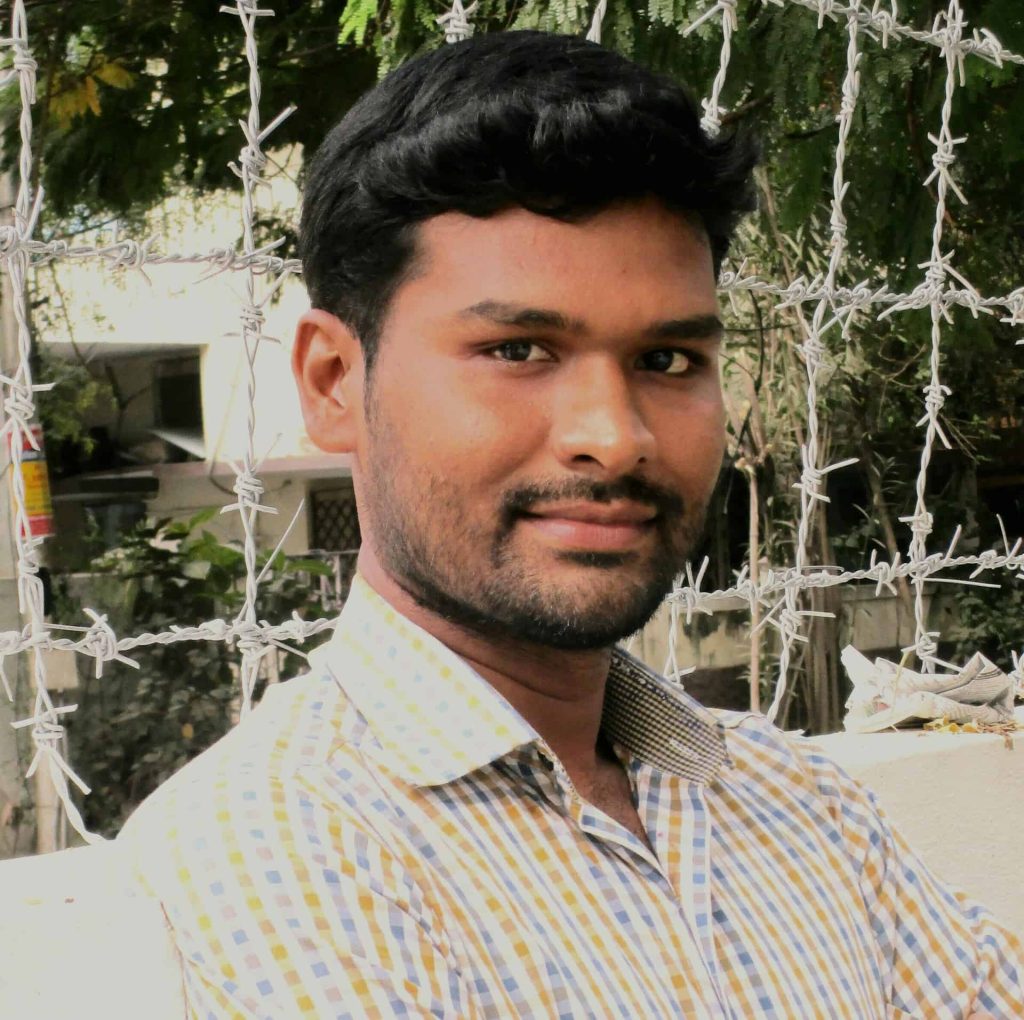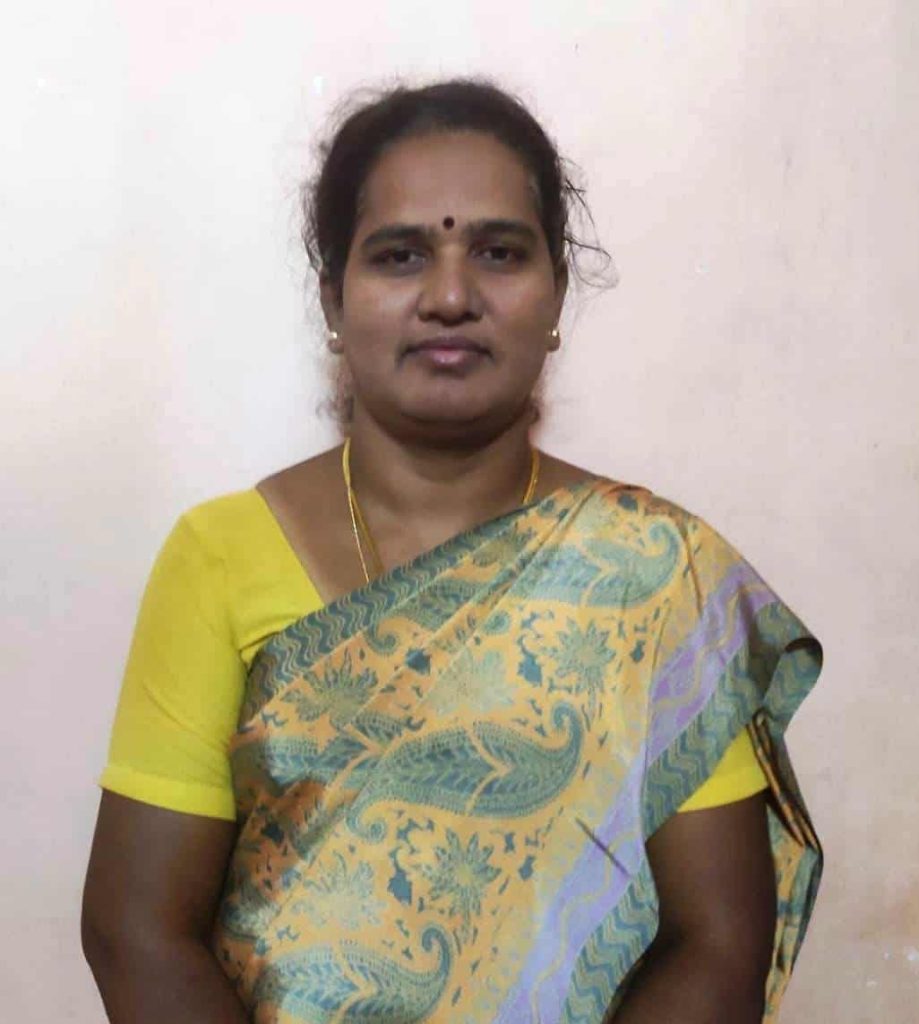7 december, 2020
Pressmaterial: Bearing the brunt of a pandemic
Nedan finner du arbetarcitat och bilder till rapporten. Vill du ha bilderna i högupplöst format? Skicka ett mail till nina@fairaction.se.
Pressbilder
- Dee Lee, Director at Inno Community Development Organization
- Pradeepan Ravi, Project Coordinator at Cividep India
- Sonia Wazed, Head of Programmes at the Society for Labour and Development
- Saraswathi Paneerselvam, Managing Director of CHANGE
- Nina Wertholz, Project manager, Fair Action
Arbetarcitat
Quotes from workers in India
All names are fictitious
“Our lives turned upside down in just two months. I receive less than half of my normal income. I don’t have any savings. Where is the money to buy groceries for my family?”
—Usha Rani (43), shoe factory worker, Ambur, Tamil Nadu
“How can I run my family with just 5,000 rupees? After paying off my loans, I am left with nothing. I am really scared to think about loosing my job.”
—Usha Rani (43), shoe factory worker, Ambur, Tamil Nadu
“We were informed that we needed to resign if we wanted to receive the final settlement without any hassle.” I was shocked. I had to sign the papers as I can’t afford to lose the final settlement My biggest fear has come true.”
—Amundha Priya (32), shoe factory worker, Trupathur, Tamil Nadu
Quotes from civil society organizations in India
Society for Labour and Developent (SLD) is a Delhi-based labour rights organisation, that engages in the rights of workers in leather clusters of the Kanpur-Unnao region in Uttar Pradesh. Sonia Wazed is the Head of Programmes at the Society for Labour and Development (photo available)
Civil Initiatives for Development and Peace – India (Cividep India) is a civil society organization based in Bangalore. Cividep educates workers about their rights and campaigns for corporate accountability. The focus has been to improve the living and working conditions of the homeworkers and to conduct research on the occupational health and safety of workers employed at tanneries in Tamil Nadu. Pradeepan Ravi is the project coordinator of the Cividep India Leather Sector Programme. (Photo available)
CHANGE is a civil society organisation based in Vellore, Tamil Nadu. CHANGE conducts training programmes for women workers in the leather industry on labour rights and also leads an initiative to organise the leather sector women workers into a federation. Saraswathi Paneerselvam is the Managing Director of CHANGE. (photo available)
“We are seeing the leather factories terminating workers and forcing them to resign. Thousands have lost jobs already. The pandemic has hit the industry very hard and the workers are bearing the brunt of it.“
—Saraswathi Paneerselvam, CHANGE
“A union leader told me that a leather factory has been asking people to resign and promising them settlements. But once the workers handed in the resignation letters, the employers delayed their settlements.”
—Pradeepan Ravi, Cividep India
“The lockdown came as a shock for people. The big gap between living wages and the actual wages in the industry meant that workers were not in a position to save any money for any eventualities.”
—Pradeepan Ravi, Cividep India
“For many daily wage workers, it has reached a stage of starvation: they did not have food to eat. The local government gave them 5 kilo rice per person and that was it. You cannot sustain eating rice only. And when you have children, what do you do? If you have aged parents or a pregnant wife, what do you do?”
—Sonia Wazed, SLD
“I don’t think they’ll ever get back to school again. It is going to impact the education of a whole generation of children.”
—Sonia Wazed, SLD
“Survival is far more important to the workers than anything else as it is right now. They are not talking about their rights anymore; they are just concerned about survival.”
—Sonia Wazed, SLD
Quotes from workers in China
All names are fictitious
“The factory I work at never closed during lockdown. We kept working, eleven hours a day.”
—Yuan Kaimin, leather factory worker, Shenzhen
“I used to work six days a week and overtime almost every night. Now, I work eight hours a day and rest on weekends. The economic burden on my shoulders is heavy.”
—Li Wuying, leather factory worker, Shenzhen
“I earn a lot less than before, but it is useless to worry about it. If something bad happens, I cannot stop it.”
—Huang Jianghua, leather factory workers, Shenzhen
“In weekends before the pandemic, I was busy earning overtime wage. You know, workers are dependent on their overtime wage. Now my wage has decreased by more than 50% and I am stressed and anxious. I feel like I am about to lose my job.”
—Chen Jun, leather factory worker, Shenzhen
Quotes from civil society organization in China
Inno Community Development Organisation (Inno) is a Chinese civil society organisation based in Guangdong province. Inno implements the Handshake Workers Hotline, a grievance mechanism aimed at workers in 700 supply chain factories in China. Dee Lee is the managing director of Inno.
“One of the most serious consequences of the pandemic is that a lot of factories shut down without a word and without giving any payments or compensation.”
–Dee Lee, Inno
“Between March and June there were maybe ten to twenty manufacturers a day shutting down without any notice at all, forcing people to survive on their savings.”
–Dee Lee, Inno
“People are feeling very desperate, especially the ones with an established life and families. Every worker wants to go back to their job and is panicking about the situation.”
–Dee Lee, Inno
“Although the law says that workers should have fixed contracts, and be compensated when there is no work, the reality is different.“
–Dee Lee, Inno
“In the coming months, I am afraid that there is a potential risk for workers to fall into the trap of modern slavery. Workers might be threatened to work for free to pay back debts to the employer”
–Dee Lee, Inno
Enkätsvar
Här kan du läsa enkätsvaren från företagen
Rapporten
Läs hela rapporten: Bearing the brunt of a pandemic








